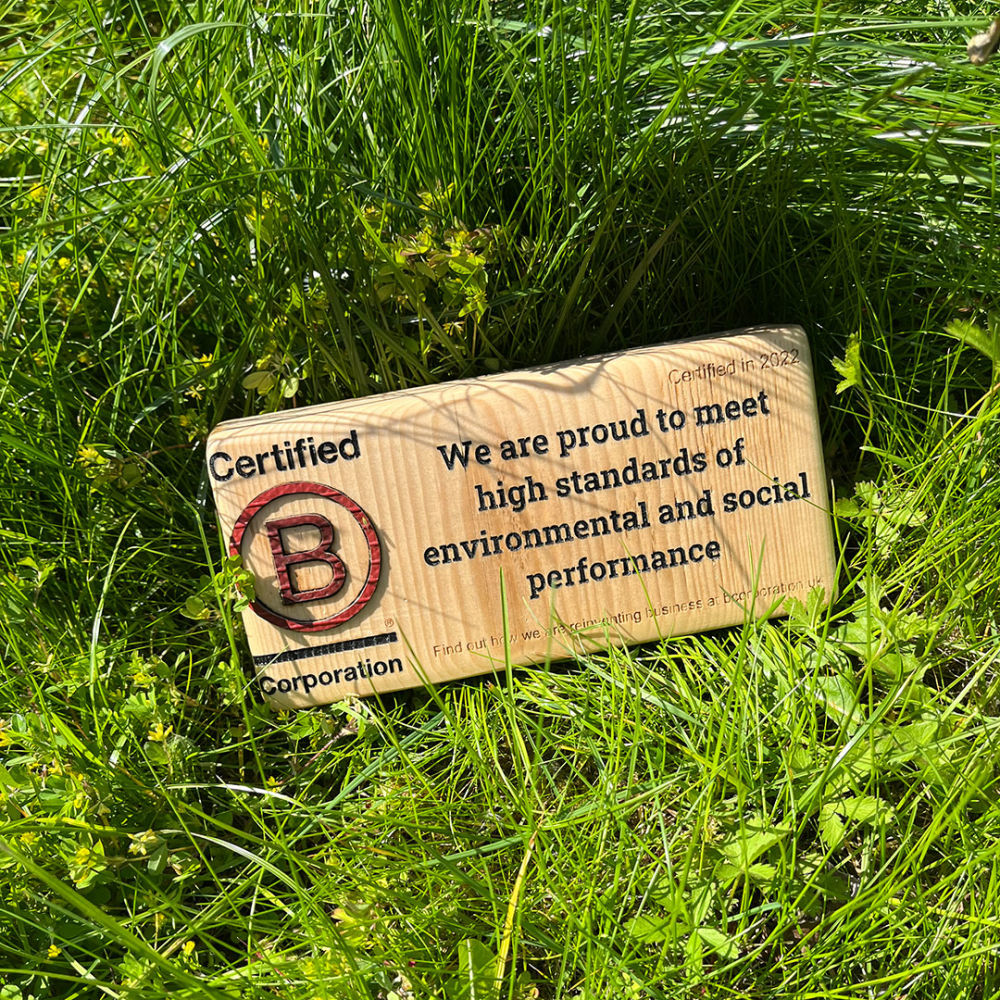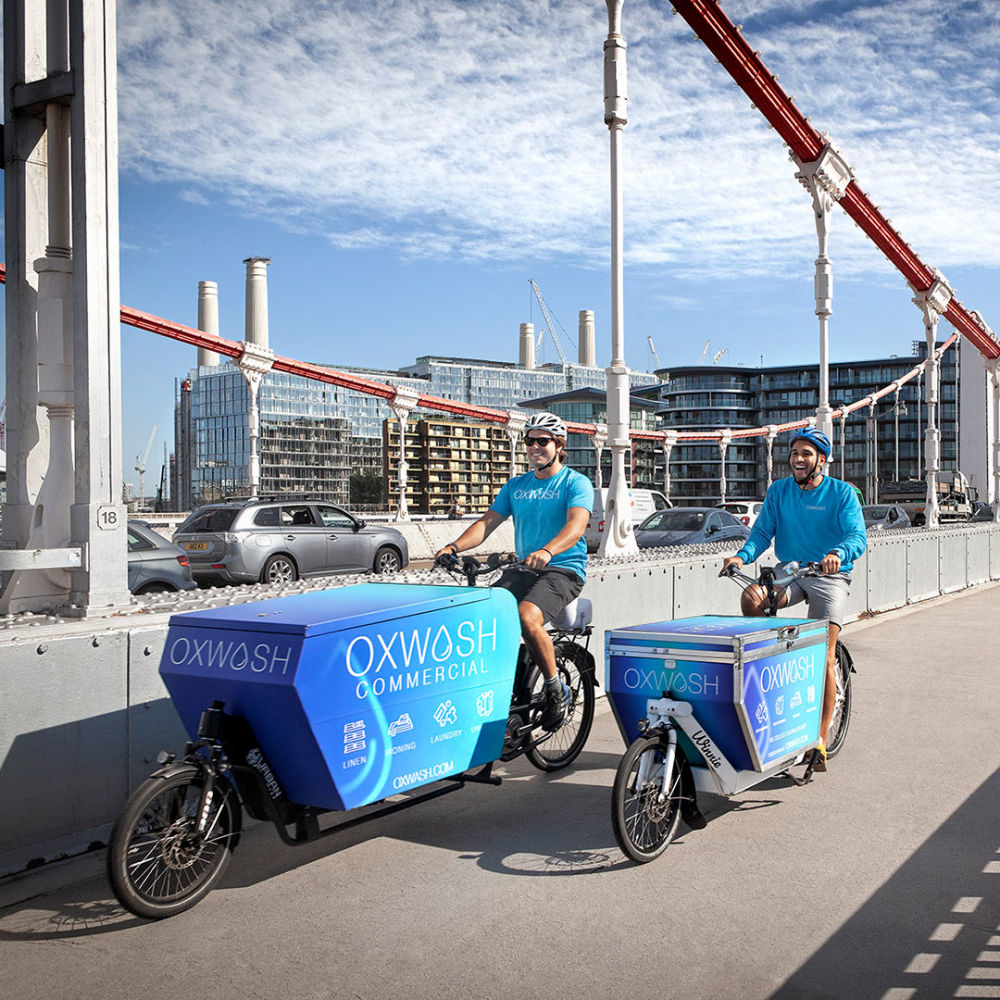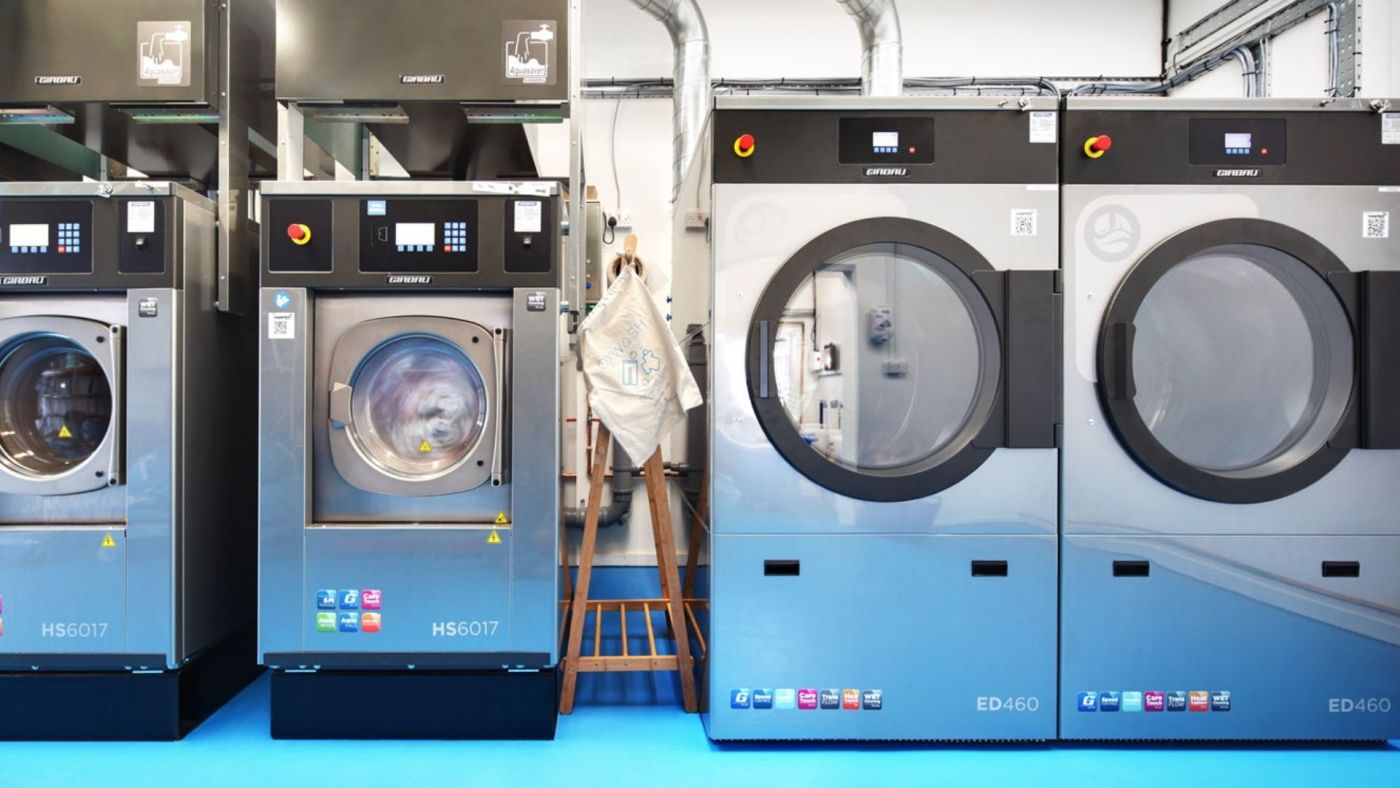Ranking on Sustainability & Why it Matters


Business & Insights
Sustainability
Hotels
In today's evolving hospitality landscape, sustainability has become crucial for the success of hotels. As travellers increasingly (as many as 76%) seek environmentally-conscious accommodations, hotels must prioritise sustainable practices to stay competitive. With the rise in demand for eco-friendly options, booking sites are now giving priority to establishments with strong Environmental, Social, and Governance (ESG) credentials.
This blog explores how hotels can adopt sustainable practices to improve their ranking on booking platforms and gain a competitive edge in the market, positioning themselves as leaders in responsible tourism.
Understanding Hotel Sustainability Rankings
Sustainability rankings evaluate hotels based on environmental, social, and governance factors, analysing metrics like carbon footprint, waste reduction, and renewable energy use. These rankings inform shareholders, investors, and consumers about socially and environmentally responsible hotels, encouraging companies to improve on ESG issues. Strong performance in sustainability rankings can reduce regulatory intervention and attract sustainability-focused investors. Hotels can achieve various sustainability certifications, such as LEED, Earth Check, and Green Globe, showcasing their commitment to water and energy efficiency, risk management, and overall sustainability.


Advantages of High Sustainability Rankings
Operating sustainably offers numerous benefits for hotels, attracting environmentally-conscious travellers, enhancing brand reputation, and increasing bookings and revenue. Sustainable practices also lower costs through improved energy efficiency and waste management.
In today's digital era, sustainability plays a crucial role in a hotel's online search rankings and visibility on platforms like Booking.com, Expedia, TripAdvisor, and Google. Search engines interpret a hotel's sustainability messaging as a sign of authority and expertise, positively impacting rankings. Hotel chains with strong sustainability practices and higher ESG ratings are therefore favoured in search results, attracting more eco-conscious travellers and driving site traffic.
Best Practices for Achieving High Sustainability Rankings
Hotels can achieve higher sustainability rankings by setting clear goals, integrating sustainability into their core strategy, and fostering transparency with stakeholders. There are a few ways hoteliers can reduce their impact and achieve higher sustainability rankings, such as:
Remove single-use plastics: Replace single-use toiletries with bulk-sized options to reduce waste and promote recycling.
Provide water refill stations: Offer reusable carafes and glasses for guests to refill water from stations, reducing the need for bottled water.
Use renewable power: Implement renewable energy technologies like solar panels, heat pumps, or biofuels to decrease the hotel's carbon footprint and cut utility costs.
Choose Eco-Conscious Suppliers: Partner with suppliers and service providers that share sustainability values, like eco-friendly laundry providers, cleaning services or local, organic food suppliers. This will also reduce your Scope 3 emissions, and your carbon offsetting costs in the long run.
Enhance governance: Appoint sustainability-focused directors, tie executive pay to ESG targets, and strengthen ethics policies for greater accountability and positive change within the business.
Obtain Sustainability Certifications: Seek, obtain and display recognised sustainability certifications, such as LEED, Earth Check, and Green Globe, to demonstrate commitment to responsible practices.
Optimise Online Presence: Ensure your property's listing on
booking.com highlights its sustainability efforts and showcases eco-friendly amenities.
Promote Responsible Tourism: Educate guests about sustainable practices during their stay and encourage them to participate in eco-friendly activities.
Engage Guests: Encourage guests to leave positive reviews based on sustainability experiences, which can boost the hotel's rankings.
Respond to Feedback: Address guest feedback and suggestions related to sustainability promptly, showing a commitment to continuous improvement.
Monitor Performance: Continuously track and analyse sustainability metrics to identify areas for improvement and set new goals for the future.
Additionally, our partners, FuturePlus, the sustainability and ESG management and measurement platform has partnered with BeCause, a data management hub making hospitality sustainability data flow simpler and faster. Their collaboration has made it easier for FuturePlus’ many hospitality clients to showcase their FuturePlus Impact Certified badge on hotel booking sites including Expedia, booking.com, TripAdvisor and Google bookings.
All hotels certified by FuturePlus can add the Impact Certified badge by accessing a free be.cause account to claim their company profile and connect to their FuturePlus certification. This action will ensure a 3+ rating on booking.com and the Impact Certified badge being displayed across multiple hotel booking sites.
The FuturePlus Impact Certified badge represents all the actions our clients are putting in place that add up to create a more positive future for our world. It demonstrates to customers that you mean business when it comes to making your organisation more sustainable.
FuturePlus works with esteemed hotel brands spanning the entire globe, forming partnerships with renowned establishments such as the UK-based Barons Eden, Nobu Portman Square, the historic Cliveden, Heckfield, and London-based Sea Containers.


Sustainability Success Stories in the Hospitality Industry
Leading hotel chains like NH Hotels, Intercontinental Hotel Group, and Hilton Hotels have successfully integrated ESG goals into their operations, reducing their environmental impact through various initiatives:
have prioritised ESG by replacing equipment with energy-efficiency alternatives, installing water recovery and re-utilisation systems to preserve water resources, and working with responsible suppliers who recycle and reuse.
have placed sustainability at the heart of their business, with all hotels in their portfolio part of the IHG Green Engage System. This allows them to measure the environmental impact of the business and choose from greener solutions to reduce energy and track consumption data.
have used their award-winning LightStay system since 2009 to measure and improve their environmental impact, from using water-saving laundry products and implementing opt-out laundry schemes to food waste reduction programs and installing LED bulbs as standard.
Conclusion
The hospitality industry has a growing responsibility to prioritise sustainability. Adhering to ESG goals not only fulfils social responsibility but also enhances brand reputation and financial success. Hotels should embrace sustainable practices and pursue ESG certifications. Partnering with environmentally conscious brands like Oxwash can significantly contribute to achieving these essential sustainability objectives. By ranking high in sustainability, hotels can attract eco-conscious travellers, increase bookings, and contribute to a more responsible and environmentally-friendly future for the hospitality industry.
Learn more about repurposing commercial linens


Related Articles


B Corp™ certified.


Surpassing NHS-grade disinfection.







